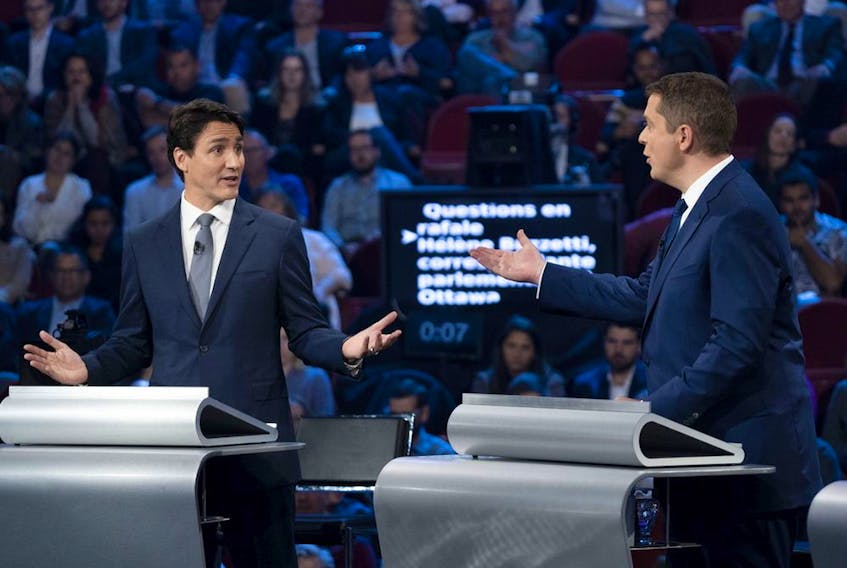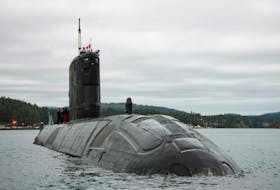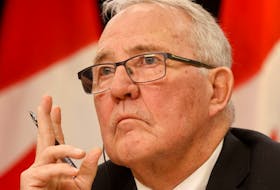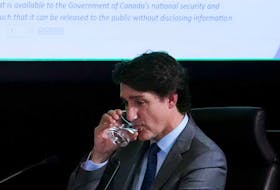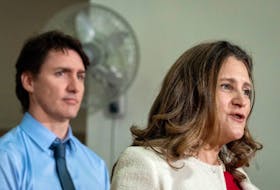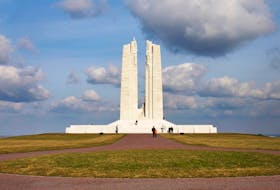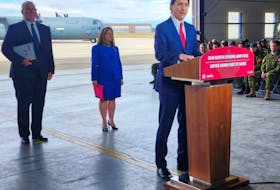Right down to the wire in the 2019 federal election, no political leader offered up a vision on Canada's role on the world stage. At no point in the campaign did any party issue specific statements regarding their position on defence or foreign affairs issues.
In his successful run in 2015, Prime Minister Justin Trudeau vowed not to buy the controversial Lockheed Martin F-35 Joint Strike Fighter, while also promising to get the Canadian military back into the business of conducting UN peacekeeping missions.
This time around, with the F-35 currently leading the pack of potential bidders to replace the RCAF’s aging fleet of CF-18 fighter jets and the Liberals' one-and-done diminutive peacekeeping effort in Mali concluded, Trudeau barely mentioned the military. Ditto for Conservative leader Andrew Scheer and the NDP’s Jagmeet Singh, neither of whom put forward any concrete discussion on the future of Canada's military.
Despite the virtual silence, the current instability and shifting circumstances on the world stage means that Canada will have to seriously alter our present course on the foreign affairs file.
The recent Turkey-U.S. deal that forced the Syrian Kurds back under the authority of President Bashar al-Assad demonstrated exactly who the big boys are at the Middle East decision-making table.
Canada is not even at the adjoining kids table, which is why we need to re-think the current commitment of military personnel to Iraq.
Although it has been almost ignored by the western media in recent weeks, the streets of Baghdad have been awash in violent demonstrations.
Unlike the Chinese police in Hong Kong, who have been restrained in their use of lethal force against demonstrators, the Iraqi security forces wasted little time before firing live ammunition into rioters on the streets of Baghdad.
Over 100 people have been killed and more than a thousand injured to date and there is no sign of the unrest in Iraq being resolved anytime soon.
Canada has a lead role in the NATO effort to train the Iraqi military.
That might have seemed a noble use of Canadian military personnel when the common threat was the Daesh (aka ISIS) evildoers. However, now that the Iraqi security force is being used to shoot and kill those protesting the corruption of the current regime, it becomes tougher to justify Canada’s continued participation.
Likewise Canada’s second, separate commitment of special forces advisers to Iraq is no longer serving a clear purpose. Canada does not have the necessary foreign intelligence capability to allow us to assess the complex and constantly shifting threats in this sector.
Our special forces are the best in the world, in my opinion, but without independent intelligence they are operating as highly trained professional mercenaries in the service of U.S. interests.
As we saw with the recent Trump abandonment of the Kurds in Syria, U.S. interests in the region may not always reflect Canadian values.
In short, Canada should get out of Iraq militarily because we should never have been deployed there in the first place.
In 2011, Canada led the international chorus encouraging the Syrian uprising and chanting, “Assad must go!” Well, now it seems that Assad is back and he’s here to stay.
That same year Canada did more than shout encouragement to the Libyan rebels as the Canadian military led the international bombing campaign to oust President Moammar Gadhafi.
The problem with that little exercise was that in place of one big warlord, Libya was instead overrun with a thousand little violent warlords. That poor country remains awash in violent anarchy thanks in large part to Canada co-ordinating the NATO air campaign.
Closer to home, Canada also took a lead role in trying to effect regime change in Venezuela. Canada chaired the 14-nation Lima Group who not only denounced incumbent President Nicolas Maduro, but they also recognized a chap named Juan Guaido as the Lima choice as replacement president.
Back on 10 April, Guaido boldly proclaimed he had the support of Venezuela’s security force but subsequent events have proven that boast to have been premature.
Not only does Maduro remain in control, but last week Venezuela was named as a member of the UN committee on human rights.
Given Canada’s track record of late, it was probably a blessing that foreign policy never entered the current election debate.

